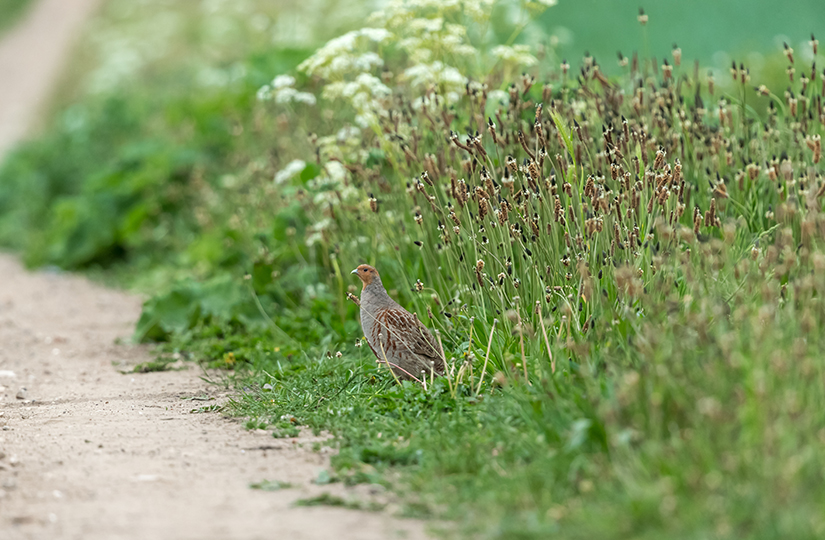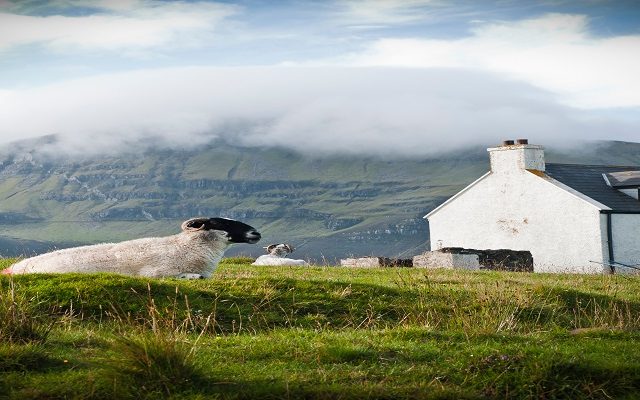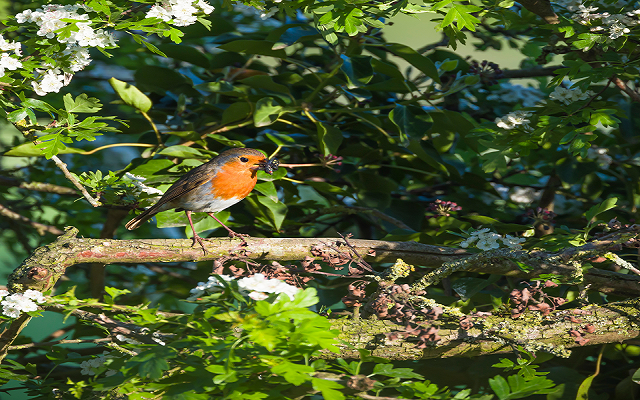Land Business Update | Week Commencing 28th March
Welcome to our update on key land management, farming, planning and energy issues.
FARMING
Application period for Basic Payment claims now open
This year’s application period is important as it will affect the delinked payment that will be paid to farmers from 2024 to 2027. Extra care should be taken if there are any land transfers or changes in area. Please see our latest blog on delinked payments and contact our farming team if you need any advice.
New Scottish climate change skills fund
The Climate Change Mitigation Training Fund is open to Scottish farmers and new entrants and funds training courses up to £500 (more funding may be considered on a one-to-one basis) that will equip them with practical and technical skills to help address climate change and nature, such as how to restore peatland and wetland, increase biodiversity, improve soil heath and reduce waste. The Fund is open for applications until the end of March to anyone aged 13 and over. The training will be delivered through the Skillseeder platform.
New rules coming into force for red diesel usage
From 1st April 2022, red diesel will only be permitted to be used for “allowed” purposes using “allowed” vehicles and machines. Most agricultural activities will not be affected by these changes as long as:
- It is for work carried out for agriculture, horticulture and forestry. This includes maintenance of agricultural land under environmental management schemes but excludes the breeding, reading or keeping of creatures for purposes relating to sport or recreation (i.e. commercial shoots).
- The vehicle used is allowed to use rebated fuel, including agricultural, special and unlicensed vehicles, and some machines and appliances.
The construction sector is expected to be one of the Industries most affected by the changes. See the HMRC guidance note for more details.
FORESTRY
Tree planting rates in England below target
Defra is unlikely to meet its 2025 tree planting target unless planting rates triple to 7,500 ha per year in the next three years, according to the National Audit Office. The Nature for Climate Fund Tree Programme (the Programme) was set up in 2021 by Defra to fund tree planting but in the 2021-2022 planting season, it only funded the planting of 1,400 – 1,900 ha of trees. The NAO says that Defra is relying heavily on private landowners and farmers choosing to plant trees. However, the broken trust between Defra and farmers combined with uncertainty about the emerging Environmental Land Management schemes is putting off a lot of farmers. The report also states that Defra needs to do more to encourage long-term management of woodlands as, if they are not well managed, they deliver fewer benefits.
Woods into Management (WiM) Forestry Innovation Funds reopen in England
Funding to improve woodland habitats and increase their resilience is now available to increase the area of woodland in active management. The fund is split into four separate elements:
- Regional Woodland Restoration Innovation Funds – priority areas have been identified in five regions, with funds available to help owners improve the management of existing woodlands.
- Temporary Infrastructure Innovation Fund – funding for temporary infrastructure needed to support habitat improvement operations, such as felling and extracting trees in neglected or degraded woodlands.
- Routes to Market for Ash Timber Innovation Fund –to help restore woodlands damaged by ash die back and develop new supply chains for ash timber.
- Timber in Construction Innovation Fund – this funds aims to increase the amount of carbon stored in the built environment, by increasing the use of timber in construction. Applicants must come up with new timber product ideas for use in construction or new methods of construction to better make use of English timber.
The application deadline for all four funds is 9th May.
ENVIRONMENT
Wildlife plot delivering more benefits to biodiversity is to be introduced under ELMs
DEFRA has approved a 10-year Wildlife Plot mix co-designed by the Game & Wildlife Conservation Trust. Based on years of research, it is currently available under the Sustainable Farming Incentive Test and Trial pilot scheme and is expected to significantly boost biodiversity, as it contains over 20 different plant species and only needs to be established once if done correctly. Farmers will save time and money, whilst being able to make space for nature on a longer term. Those wishing to trial out a similar seed mix as part of an existing or new Countryside Stewardship Scheme under option AB9 can order the ‘Advanced Partridge’ seed mix from Oakbank or similar one from Kings, but a derogation from Natural England to manage them as Wildlife Plots is required. The Wildlife Plot option is expected to be introduced as part of the Environmental Land Management scheme.
Consultation on environmental targets to improve the natural environment
Defra is seeking views on new environmental legally binding targets to be introduced under the Environment Act 2021 and to support priorities as set out in the 25 Year Environmental Plan. The Act requires the government to set a minimum of one long-term target for each focus area: air quality, water quality and availability, biodiversity on land and in the sea, resource efficiency and waste reduction, with the overall aim of leaving the environment in a better state than it was found. The proposed targets include:
- increasing species abundance by at least 10% by 2042
- reducing nitrogen, phosphorus and sediment contribution from agriculture in the water environment by at least 40% by 2037
The consultation documents are available here and responses can be made until 11th May.
PROPERTY AND RURAL ECONOMY
Over 70% of homebuyers say that they are likely to consider purchasing a green home as their next property
With households being the biggest contributors to overall UK greenhouse gas emissions, it is now becoming more important than ever for homebuyers to consider the environmental impacts of their houses. The Green Homes Report, which is based on a survey of first time and second time buyers, found that 77% of participants are likely to consider purchasing a green home as their next property. The main reasons for this are that they are considered better for the environment and will reduce energy bills. Householders also said that a green home would be a healthier and more comfortable place to live.
Businesses’ views sought on rural broadband
The National Innovation Centre for Rural Enterprise (NICRE), with the government’s Building Digital UK (BDUK) team, is seeking views from rural businesses on the gigabit voucher scheme. They would like responses from businesses that have and have not not been able to access the scheme and the challenges faced. The short survey is open until 31st March. A workshop will also be held in Newcastle on 5th April. For more information, contact NICRE at nicre@newcastle.ac.uk.






